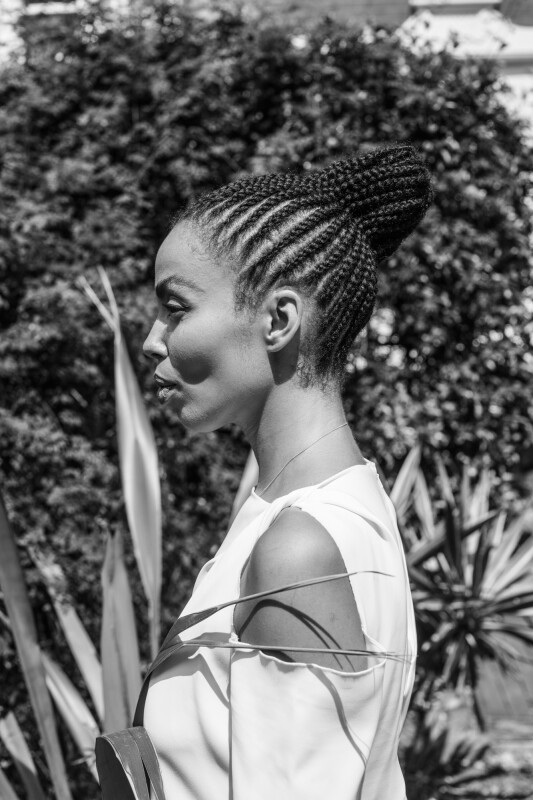Emma Dabiri on the Politics of Black Hair
Sotheby’s
African Modern & Contemporary Art
2019-09-03
Mariko Finch, Deputy Editor, Deputy Director
London, United Kingdom
Emma Dabiri is a broadcaster, author and academic who recently published Don’t Touch My Hair — a book that charts the shifting cultural status of black hair from pre-colonial Africa through to Western pop culture and beyond. Ahead of the Modern & Contemporary African Art sale in London on 15 October, in which a number of works depicting traditional African hair are offered, we sat down with her to discuss the history of hairstyles.
Mariko Finch: When did you decide that you wanted to turn your research into a book?
Emma Dabiri: In around 2016. The conversation about black hair had been happening for a while at that stage but I was finding it often quite repetitive. There is so much more to engage with through hair, so I wanted to do that research. There is so much more to engage with through hair; social history, philosophy, metaphysics, mathematical expression, coding, maps…
This topic has recently made it to the mainstream media; through Beyoncé and Solange Knowles, Kim Kardashian and the issue of cultural appropriation. It is very timely to have that debate anchored in something historical.
I felt somewhat exasperated by the way people’s frustrations around cultural appropriation by celebrities were being disregarded and dismissed as just something very superficial; as if those weren’t valid or legitimate concerns. I wanted to provide the historical context for why this anger exists. Let me show that it’s not just vacuous, or petty policing of culture. There are like very strong historical antecedents as to why these emotions run so high…
Read the entire interview here.
